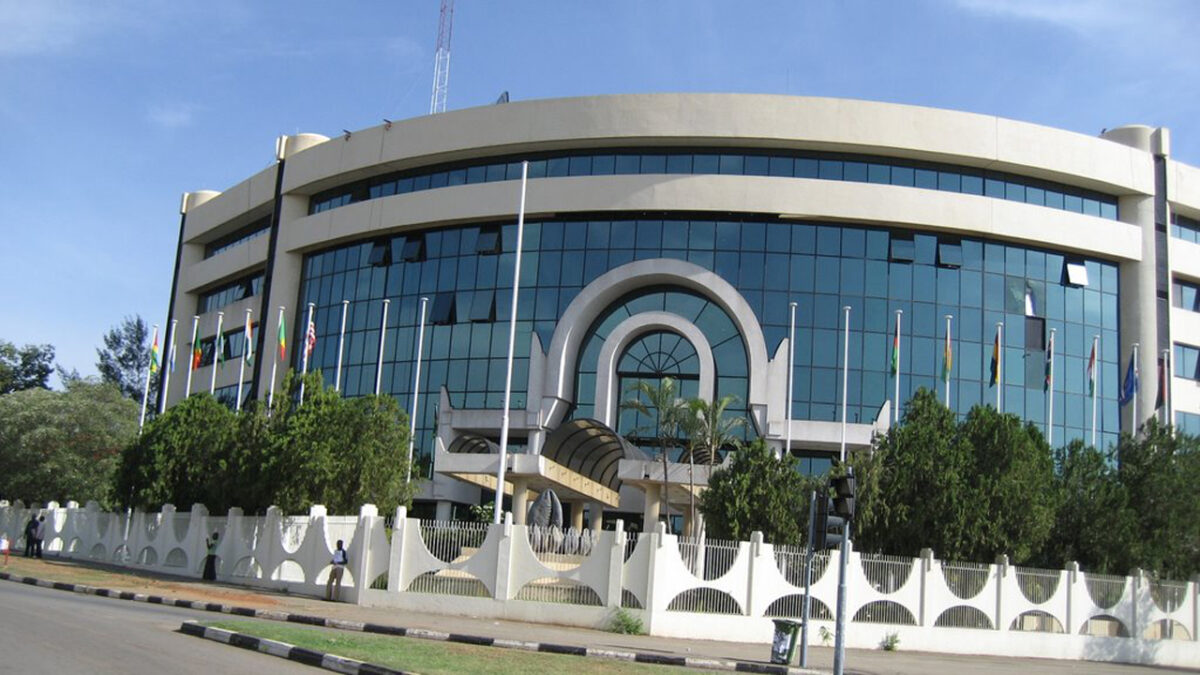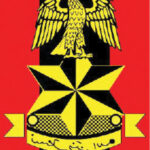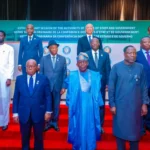In an unexpected turn of events, West African countries led by military juntas have chosen to sever ties with the regional bloc, ECOWAS, citing a departure from the principles of Pan-Africanism. This audacious move raises crucial questions about ECOWAS’s role in managing nations under military rule, as the organisation has actively pressured these countries to reinstate democratic governance. As disruptive events continue to unfold in the region, it prompts us to contemplate the trajectory that ECOWAS might follow and the implications this rift holds for the organisation’s future.
Contrary to the organisation’s current self-depiction as a democratic crusader, ECOWAS itself has an unconventional origin story, not entirely rooted in democratic principles. Surprisingly, when ECOWAS was officially inaugurated in 1975, a significant number of its founding members, including powerhouse Nigeria, were under military rule. This historical fact emphasises that ECOWAS was never established on democratic foundations.
The underpinning spirit of Pan-Africanism, which initially spurred the formation of ECOWAS, has weathered the complexities of both military and democratically elected rulers in West Africa over the years. This juxtaposition of ECOWAS’s origins with its present challenges invites us to critically reevaluate its role and adaptability in the ever-evolving political landscape of the region.
During the inception of ECOWAS, notably absent was a focus on democratic principles within the Treaty of Lagos, which served as its foundational document. Strikingly, there was no explicit mention of democracy or the pursuit of a democratic system of governance as an articulated objective for member states, both individually and collectively.
- Climate change: Nigeria to reduce emissions through carbon market
- Nwabali returns to training, team medics to decide his fate today
However, the organisation grappled with dormancy and inefficacy until 1990 when member states collectively decided to revisit and amend the initial treaty. The resultant Reversed Treaty, formally adopted in 1993, marked a pivotal moment for ECOWAS by expanding its objectives to include the promotion of a democratic system of governance.
In retrospect, the decision to incorporate democratic governance into ECOWAS’s objectives may have been influenced by the global political landscape of the time, notably the collapse of the Union of Soviet Socialist Republics (USSR) and the end of the Cold War. This geopolitical shift triggered the infamous third wave of democracy worldwide.
Significantly, when the treaty was initially ratified, several member states, such as Nigeria, Ghana, Guinea, Sierra Leone, and Burkina Faso, were still under military rule. This historical context underscores the evolving nature of ECOWAS, adapting to the changing dynamics of global politics and reflecting the broader international trend towards democratic governance.
Since the reversal of the ECOWAS Treaty, democratic and military rule have alternated intermittently throughout the region. As the region boasts the highest number of military coups globally, the prospect of withdrawal or suspension from ECOWAS due to a lack of democratic governance in member states has not traditionally been a primary concern for the organisation.
However, the recent surge in military coups across the region, coupled with ECOWAS’s stringent responses, has prompted three military-led countries to withdraw from the organisation. Navigating this delicate situation requires ECOWAS to exercise utmost caution to prevent any further disintegration of the bloc.
In addressing the recurring issue of military takeovers, ECOWAS should reassess its strategy. Instead of solely focusing on democracy promotion, the organisation must prioritise initiatives that foster regional development, economic collaboration, and security integration while working collectively to halt the persistent security challenges facing the region. This approach will empower West Africa to collectively confront global challenges that have the potential to undermine individual nations.
Moreover, ECOWAS should prioritise efforts to elevate the region from its current designation as home to four of the world’s last 10 least developed countries, as per the Human Development Index (HDI). Currently, all West African nations, except Cape Verde, consistently find themselves below the 150th position out of 189 in the global list, signalling a widespread condition of low human development across the region. Notably, Nigeria, serving as the de facto leader, is ranked 163rd in the list, falling below countries like Syria and Libya, which have endured over a decade of bloody conflicts.
Irrespective of whether ECOWAS possesses the authority to penalise military regimes, it must recognise that punitive measures against such regimes may have limited efficacy in an increasingly bi- or multipolar world. To ensure its own survival and progressive integration, ECOWAS should reconsider its approach to handling member states grappling with military rule.
Given West Africa’s historical susceptibility to military coups, the potential for additional coups cannot be overlooked. In fact, there have been reported coup attempts in other member countries since the coup in Niger. This raises the question: How many more countries will ECOWAS suspend, or how many will withdraw their membership from the organisation in the event of further military coups?
The military junta-led countries have demonstrated a united front, standing in solidarity with each other. They have forged alliances, particularly with Russia, which provides support in their fight against terrorism. Bolstered by Russian security guarantees and substantial Chinese investments, these nations may navigate the repercussions imposed by both ECOWAS and Western nations. In the event that more countries undergo military takeovers, there is a potential for these nations to coalesce into a coalition, opposing ECOWAS and shaping a distinct geopolitical dynamic in the region.
I personally believe that if ECOWAS’s punitive measures are intended to facilitate these countries’ return to democratic rule, their withdrawal implies that ECOWAS loses, perhaps, the most effective means to achieve this goal. This presents a conundrum for the organisation, requiring a strategic reevaluation of its methods in promoting democratic governance across member states.
Usman is a Senior Fellow, Asia Middle East Centre for Research and Dialogue (AMEC) International Islamic University Malaysia (IIUM), Gombak, Selangor

 Join Daily Trust WhatsApp Community For Quick Access To News and Happenings Around You.
Join Daily Trust WhatsApp Community For Quick Access To News and Happenings Around You.

